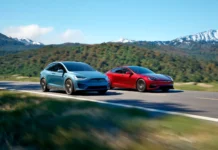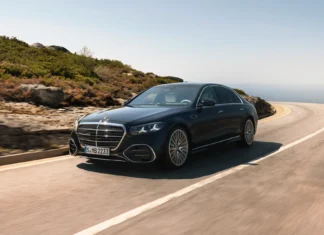Can electric trucks tow?
While electric trucks like the Tesla pickup and Rivian R1T are still several months from making their debut, there’s always been one question that’s been kicking around in our minds. Will electric trucks effectively tow? Now, of course those electric motors offer tremendous torque, so this isn’t about the physical ability to tow. It mainly comes down to one major fear — range. To find out whether electric trucks will be able to tow, we take our Tesla Model X on a cross-country road trip.
The destination? Portland, Oregon, which is about 1,200 miles from our headquarters in Boulder, Colorado. With a normal gasoline-powered car or truck, the trip would take a bit over 18 hours. Stopping to charge, the Tesla Model X would bring the total trip time up to about 28 hours with the trailer. Along the way, Roman and Tommy would have to stop at least ten times to charge up, lasting anywhere from about 15 minutes to 45 minutes at each stop.

Will the Tesla make it?
So will the Tesla make it towing a 2,000 pound Boras XT off-road camper along? Short answer: no. Despite the Tesla Model X’s 325 mile projected range, we would need to stop every 150 miles or so to charge up. What’s worse, in some of the longer sections of the western U.S., the car won’t make it between charging stations. Especially when our consumption tops 900 Watt-hours per mile, towing in normal conditions is difficult over long ranges.
In the end, we ended up having to complete the trip with our Ram Rebel Rouser. Yes, we ended up taking a V-8 powered truck for this entire trip. That’s a disappointing result for the Tesla, but the range still needs to improve to make these rigs better for towing.

























